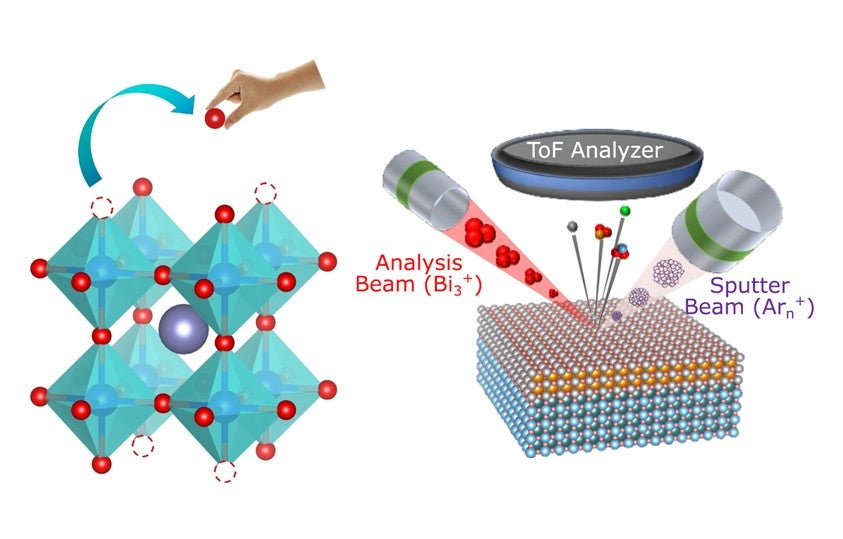
Nickel-based superconductors are distinct from conventional hydrogen-based superconductors
Physicists from the National University of Singapore (NUS) have synthesized very

Our academic staff are actively involved in research. Many of them are recognised internationally for their contributions to research & development (R&D). Our researchers continue to be awarded significant grants from Government and private organisations to build on our research capability and to conduct high-value research in areas that help shape the future of economic development.
Research news brings you the most recent outcomes and breakthroughs from the research laboratories at Faculty of Science to you through a short article.

Physicists from the National University of Singapore (NUS) have synthesized very
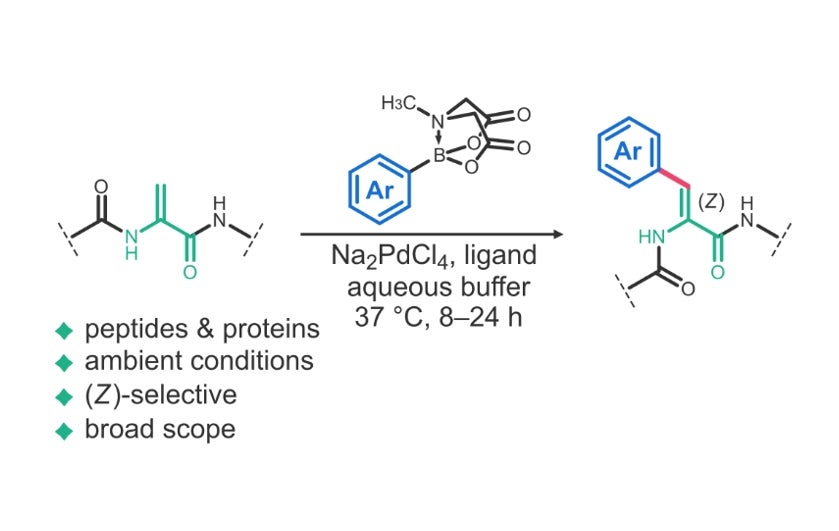
Pharmaceutical scientists at the National University of Singapore (NUS) have developed

A scanning tunneling microscopy (STM) study of moiré superlattice formation on
Advances in Science publication is published online twice a year. It is written for a broad scientific audience interested to keep up with some of the key areas of science pioneered by researchers at the Faculty of Science.
Start-up grants (SUG) are initial grants provided to newly recruited faculty members to facilitate the build-up of their research programmes and capabilities in the University to achieve excellence in their research.
MOE Tier 1 grants are awarded by the Faculty Research Committee (FRC) and administered by the Vice Dean Research Office (VDRO). There are typically 2 grant calls made each year.
MOE Tier 2 grants support research that has academic significance and good potential for creating new knowledge that will benefit the larger academic community.
MOE Tier 3 grants are programme-level funding schemes to enable high-impact, multi-disciplinary research that is carried out in a comprehensive and organized manner.
There is a wide range of research grant programmes available from external funding sources. These grant programmes offer research funding on competitive and non-competitive bases.
Scientists from the faculty can collaborate with industry companies to develop high-value, high-impact partnerships to transform scientific innovations into solutions.
All research activities must obtain approval from the relevant research compliance authority before they can commence.
The Department Ethics Review Committee (DERC) reviews student and faculty research to determine whether the research can be exempted or expedited (minimal risk projects) or referred to the NUS-IRB for review based on the risk to the participants.
The Faculty Research Committee comprises of faculty members from the various Department in Faculty of Science.
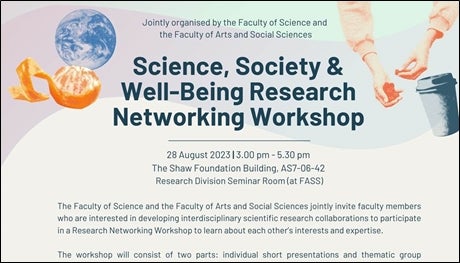
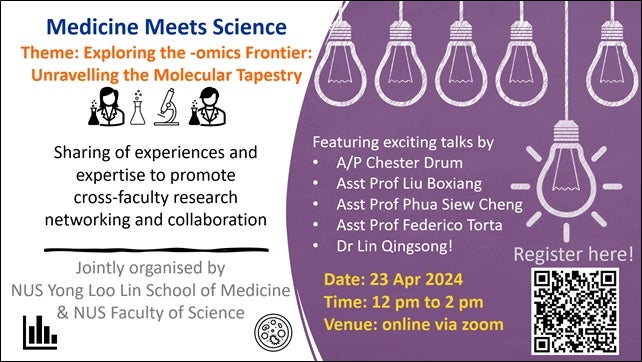

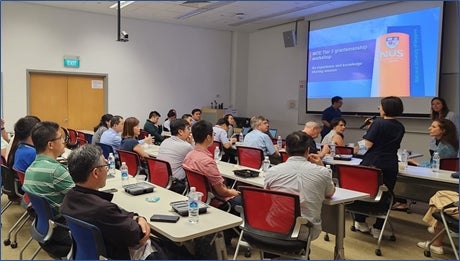
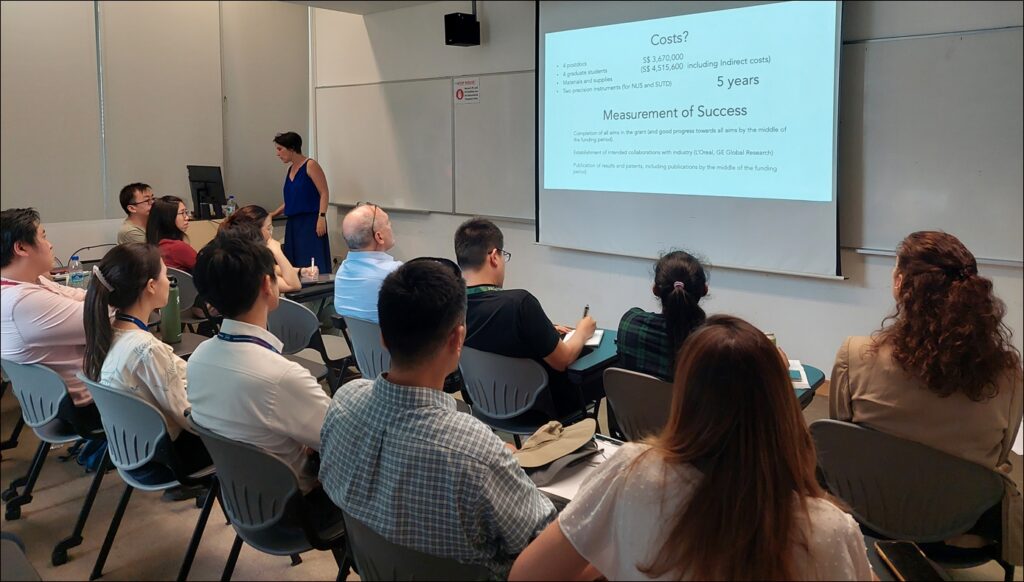
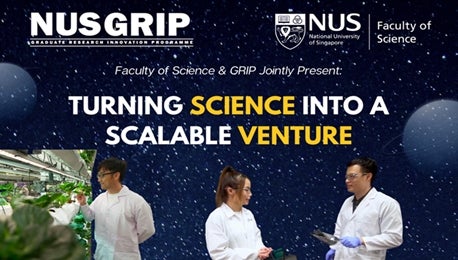
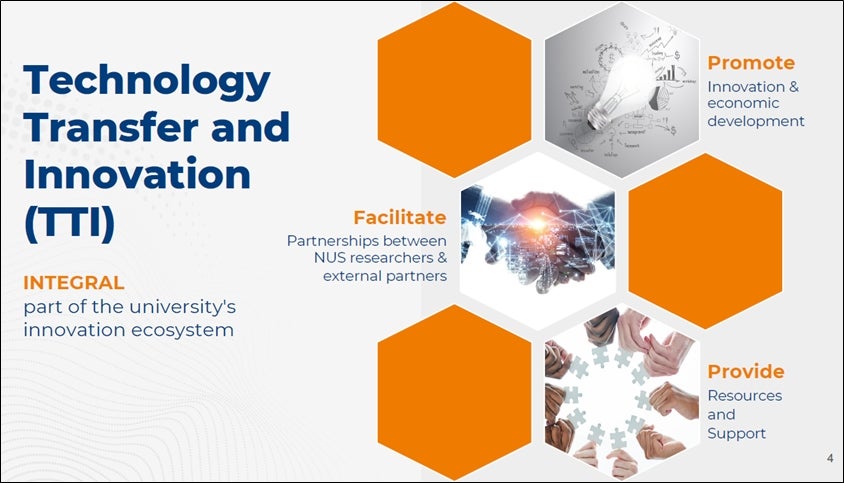
© National University of Singapore. All Rights Reserved.
